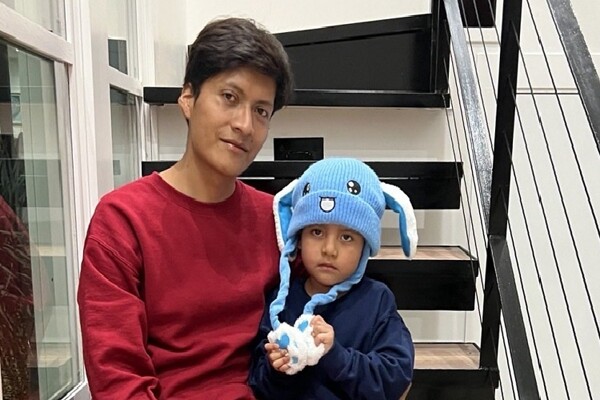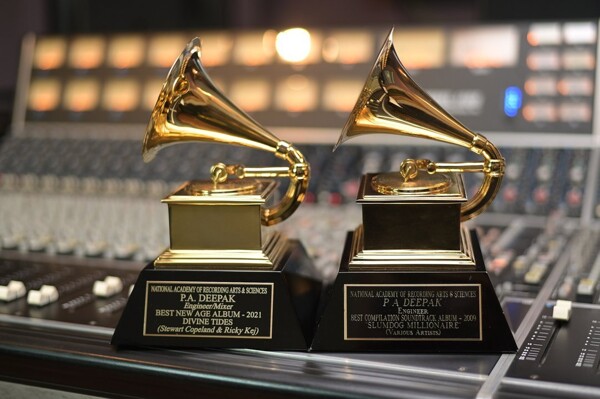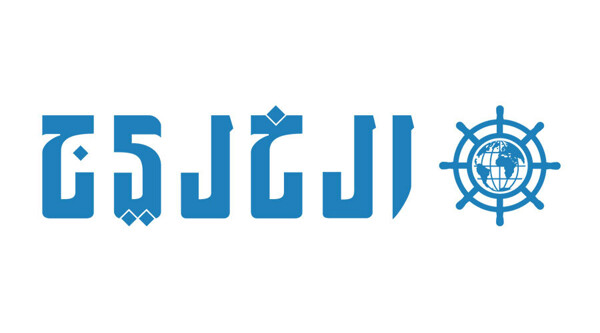One of the richest entrepreneurs in the world, Elon Musk, who has invested millions of dollars in scientific research and technological developments to achieve immortality in the near future, like his partner, the billionaire Donald Trump. Musk, recently appointed head of the government efficiency department by former President Trump, has been part of an alarming trend in modern democracy.
Musk, like Trump, has found followers among tens of millions of people who have placed their trust in these public figures, raising questions about the health of democracy and the future of humanity. Figures like Musk and Trump are seen by many as individuals driven by their own interests and egos, disregarding the limits of reality and the complexity of society.
Both millionaire entrepreneurs, Musk and Trump, have raised concerns about the direction democracy and humanity will take in a world dominated by technology and economic power. Musk's visions of a future monopolized by technology and the disappearance of democracy pose significant challenges for today’s society.
On the other hand, political depression and disillusionment with democracy have led to a climate of uncertainty and disenchantment among citizens towards leaders like Trump and Musk. The concentration of power in the hands of a few, the influence of technocrats in politics, and the lack of trust in democratic institutions have led to questioning the future of society and individual freedom.
In a world where technology and money seem to prevail over democratic and human values, resistance and hope for positive change present significant challenges for those seeking a more equitable and sustainable future. Will democracy and humanism prevail against technological oligarchy and its desire for control? The answer remains uncertain in an increasingly dominated world by private interests and utopian visions of a few.














